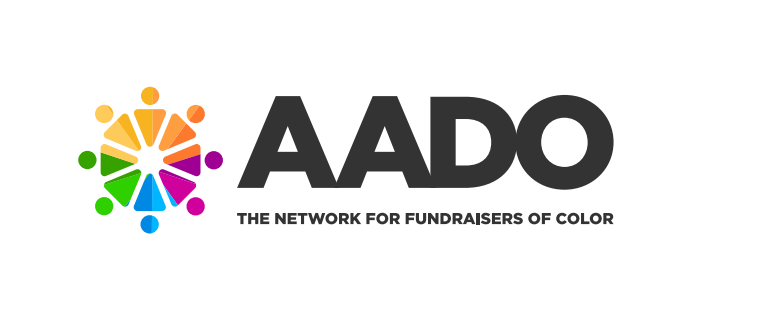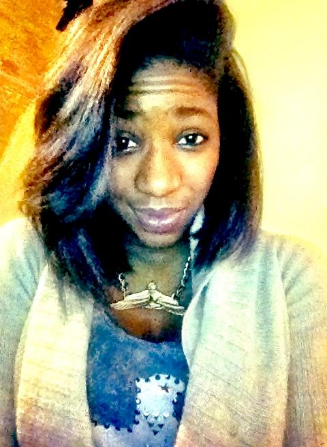Nikia Washington
At the recent AADO/CASE conference, a common thread was discussion about individuals’ career paths to fundraising and the pipeline for the profession’s future. My recent conversation with Nikia Washington, Special Program Associate, Charles Wright Museum of African American History in Detroit demonstrated that we can be inspired early to pursue the profession and that she and I share something in common: our path to the profession began with service.
How did you become interested in the fundraising profession?
Nikia’s career path began in college at Bowling Green State University as a journalism major. She participated in Dance Marathon, a national organization which raises money for Children’s Miracle Network Hospitals in their community. St Vincent Hospital in Toledo, Ohio is the local beneficiary. According to the website, “students spend a year learning invaluable leadership and life skills while raising funds and interacting with patients and families. The year culminates with a 32 hour event where the students stand on their feet through dancing, games and entertainment in celebration of the total amount raised that year.” At Bowling Green, Dance Marathon is the largest student organization, as well as one of the largest student run philanthropies in the state.
Her role began as part of a service requirement for a scholarship during her freshman year. Her role was both fundraising and a sixteen hour shift as a “moraler,” helping support the dancers. After hearing testimonials from the families affected by the Network, she decided that she wanted to be part of the leadership, the students who wore the “special polo shirts.” She applied and was appointed to the steering committee, the only sophomore accepted that year. The initiative raised under $200k her first year but grew to $300k by year her senior year.
She wanted a career that she was passionate about. Fundraising was it. Nikia’s learned that her interest in helping others and personal attributes like networking are key to successful fundraising.
Difference between volunteer fundraising versus a paid professional
She feels less pressure as staff than as a student volunteer. The student organization was run by students and the responsibility for its success was owned by the students. There was an expectation that you performed multiple roles. As a staff person, you have your specific “piece of the pie,” or role, and the responsibilities associated with a given position. Although you may have the opportunity to perform other duties, she feels it is a benefit rather than a requirement.
Share something interesting about your first job in the profession?
Her first job was at United Way for Southeastern Michigan as community account manager, a seasonal position from August to December. After not being assigned a permanent position, Nikia found herself unemployed after Christmas.
After six weeks of applying for jobs, Nikia had an epiphany. She believed that she was not getting the responses she wanted because her cover letter was not right. She did not like the standard format. She sat down and wrote a letter that was unconventional, very untraditional, that was “very me.” She realized that there was a risk, but she received a response from the first recipient of the new letter, the Wright Museum. She was applying for a marketing director position, which she acknowledged was a reach. She felt fortunate to receive an interview, that included a meeting with the Museum’s president. She was hired on the spot. The president later shared that she knew she wanted her as part of the team upon reading her cover letter. They created a new position for her based on her skills, experiences and what she could bring to the museum.
If you hadn't gone the route of fundraising what would you have done?
She probably would be in public relations or marketing, building on her journalism interest.
I often say that hindsight is 20/20. What would you have done different?
Nikia is committed to her current path, has no regrets, and would not change a thing. She credits her path on her decision to remove herself from here comfort zone and the expectations of her network of family, friends and peers. She studied abroad her last semester in college, first a month in France and next in Burkina Faso. After graduation, she returned and spent nine months in France as an au pair. The new environment allowed self-exploration that offered clarity of purpose and path, which ultimately lead her back to fundraising.
What are the lesson learned from an unintended outcome?
She once did not meet her personal fundraising goal in college, though the organization met its goal. She attributes it to her increased focus on the non-fundraising responsibilities as a member of the steering committee.
From this, she learned to better manage the fundraising and management/administrate roles simultaneously.
Finish this sentence: The most important thing I know about fundraising I learned...
“…in college, I learned, while the cause is important, it is about the donor. Giving is first emotional and second intellectual. The donor must feel good about what they are doing but there also must be a personal connection.”

